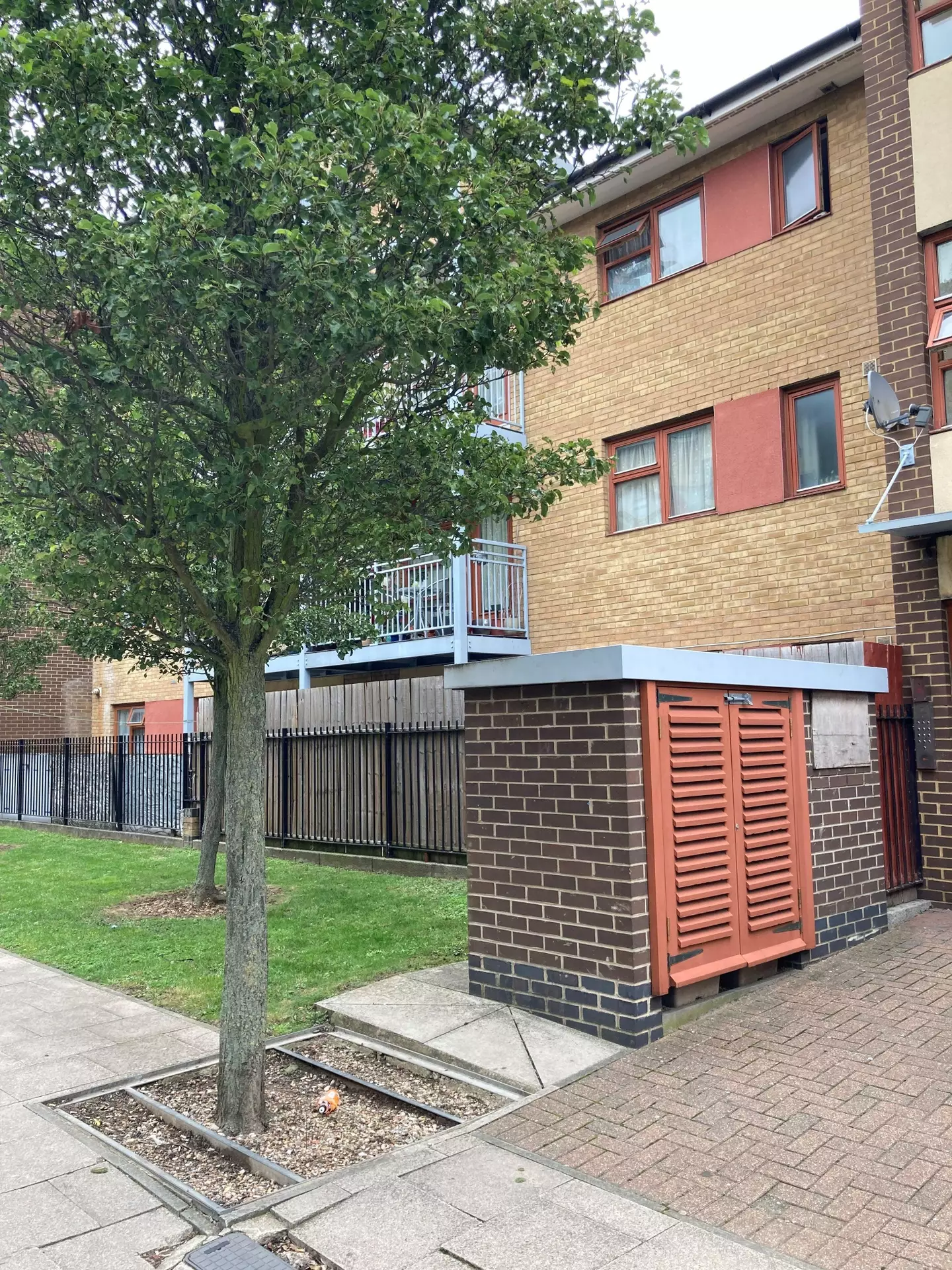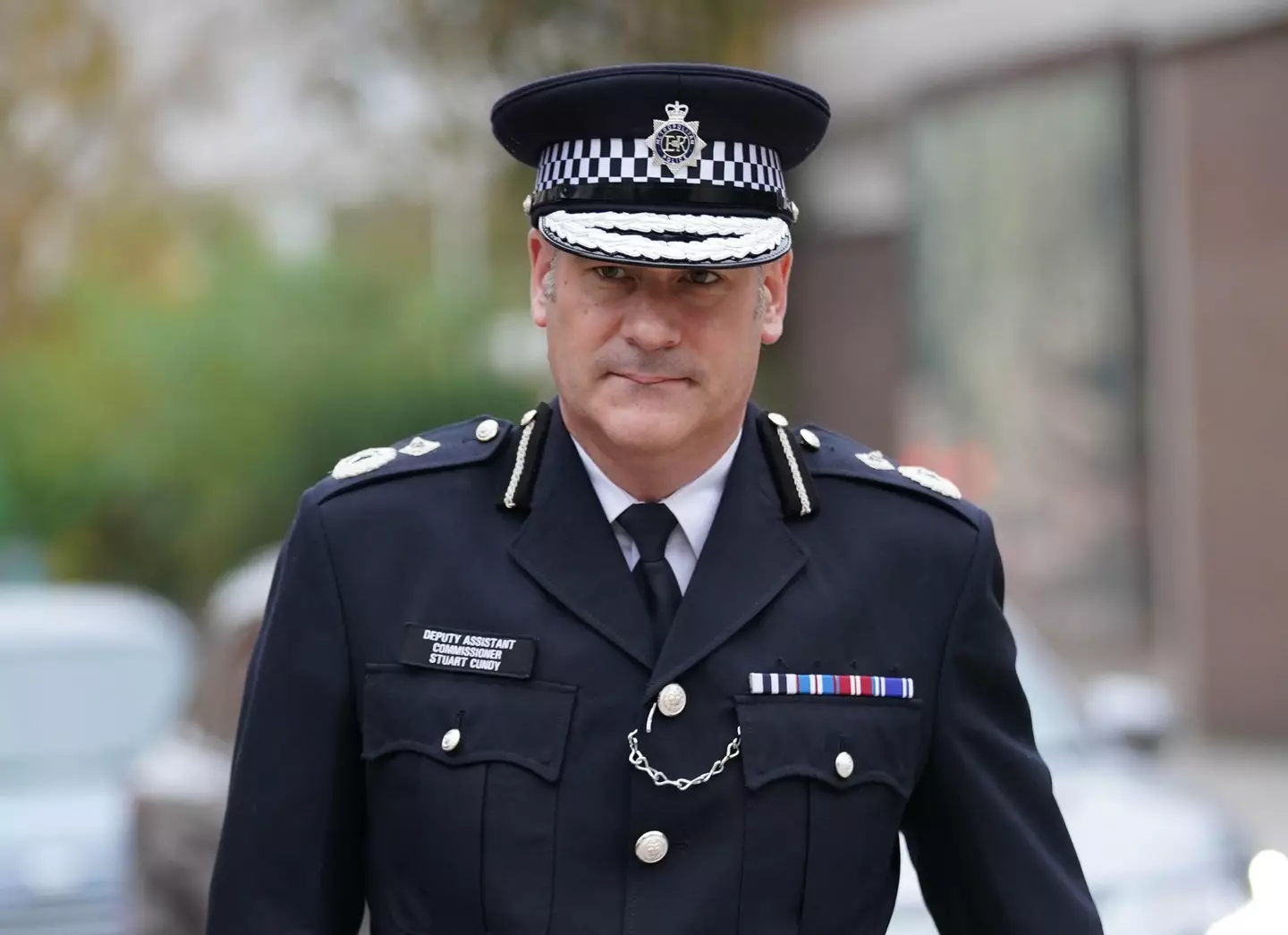
Stephen ‘Grindr Killer’ Port managed to kill four men before he was handed a life sentence in 2016, with a number of police mistakes found to have ‘probably’ allowed his murderous streak to continue for so long.
Port, 46, killed Anthony Walgate, 23, Gabriel Kovari, 22, Daniel Whitworth, 21, and Jack Taylor, 25, and callously dumped their bodies near his home in Barking, London.
They had all been plied with fatal doses of the ‘date rape’ drug GHB by Port, who is dubbed the ‘Grindr Killer’ as a reference to the gay dating app he used to find victims.
Last month, an inquest jury found that Metropolitan Police mistakes ‘probably’ contributed to the victims’ deaths, with new BBC drama Four Lives exploring the widely-criticised police investigation.
.jpeg)
Officers had missed repeated opportunities to catch Port, who had phoned police saying he found the body of Walgate near his flat. A week later he admitted he had met Walgate for sex, saying he hadn’t killed him but had dragged the body outside.
Port was arrested and charged with perverting the course of justice for lying, but was released on bail – at which point he killed two more victims.
The Crown Prosecution Service was unaware of a number of factors, including the fact Port had been accused of sexual assault in 2012, or that he appeared to have been with a drugged man just days before Walgate’s murder.
After Walgate’s body was found slumped outside Port’s flat, his death was initially seen as an ‘unexplained suspicious death’, before being declared a ‘critical incident’ and ‘suspicious’.

However, despite the fact the body had ‘obviously been moved’ and bruising was found under Walgate’s arms, forensics labelled the death as ‘probably non-suspicious' - the case eventually turned down due to lack of evidence.
After Walgate’s murder, Port’s laptop was seized, but wasn’t submitted as forensic evidence for 10 months – police missing the repeated searches for date rape drugs on the device.
During that time, Port was released on bail and killed Kovai and Whitworth just weeks later.
Police also failed to make a connection between Port’s victims, who had been all been found in Barking – three in the same churchyard.
When the bodies of Kovari and Whitworth were found in the churchyard, having been spotted by the same dog walker three weeks apart, a suicide note was found on Whitworth’s body.
In the message, he blamed himself for Kovari’s death, saying he ‘got carried away’ because he ‘gave him another shot of G[HB].”
However, police never checked with Whitworth’s family to see if the note was genuine, and it was not considered suspicious.
In November, Deputy Assistant Commissioner Stuart Cundy told the families and friends of Port’s victims that he was 'deeply sorry’ for police failings in the investigations in 2014 and 2015.

Giving evidence at the inquests into the deaths, Cundy said family members ‘should not have been ignored’ and how there was a ‘clear possibility that Stephen Port could have been identified and arrested sooner than he was’.
He said: “Every single one of you had the right to expect a professional investigation to the standards all of us expect.
“It is fair to say I don’t think those standards were met.”
Featured Image Credit: Metropolitan PoliceTopics: UK News